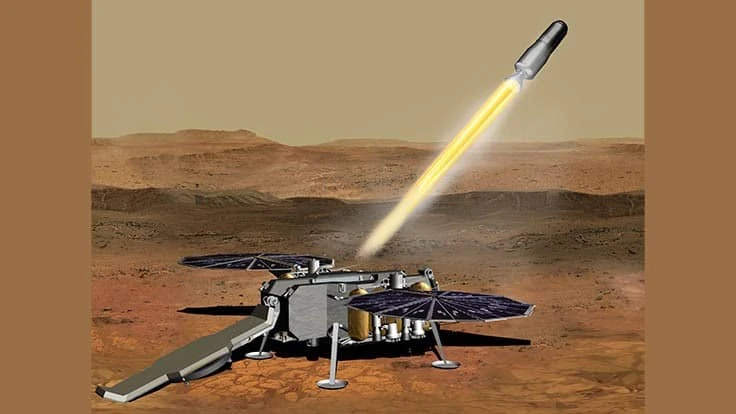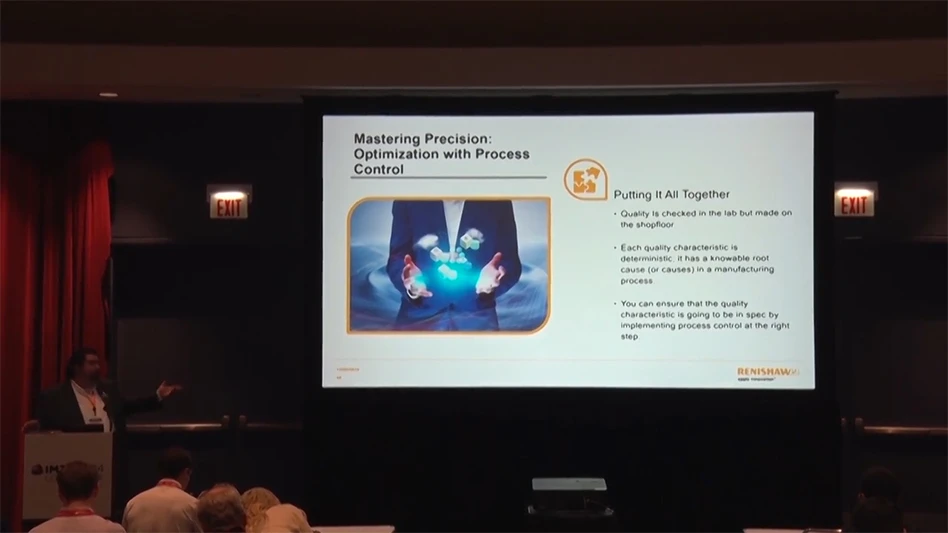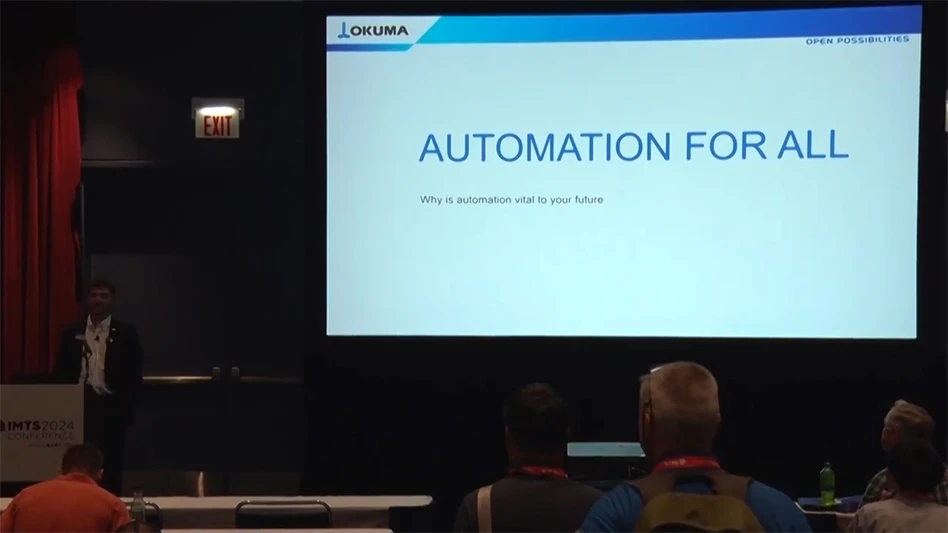
NASA/JPL-Caltech
NASA has awarded the Mars Ascent Propulsion System (MAPS) contract to Northrop Grumman Systems Corp. of Elkton, Maryland, to provide propulsion support and products for spaceflight missions at the agency’s Marshall Space Flight Center in Huntsville, Alabama. Coupled with the successful touchdown of the Mars Perseverance rover, this award moves NASA and ESA (European Space Agency) one step closer to realizing Mars Sample Return (MSR), a highly ambitious planetary exploration program that will build upon decades of science, knowledge, and experience of Mars exploration.
The cost-plus, fixed-fee contract has a potential mission services value of $60.2 million and a maximum potential value of $84.5 million. Work on MAPS begins immediately with a 14-month base period, followed by two option periods that may be exercised at NASA’s discretion.
In the next steps of the MSR campaign, NASA and ESA will provide components for a Sample Retrieval Lander mission and an Earth Return Orbiter mission. The Sample Retrieval Lander mission will deliver a Sample Fetch Rover and Mars Ascent Vehicle (MAV) to the surface of Mars. Marshall is responsible for the MSR Program’s MAV element, which is a two-stage vehicle that will be a critical element in supporting MSR to retrieve and return the samples that the Mars 2020 Perseverance rover will collect for return to Earth. The Martian environment will be a significant factor in the design, development, manufacturing, testing, and qualification of two different solid rocket motors with multiple deliveries of each. Through the MAPS contract, Northrop Grumman will provide the propulsion systems for the MAV, as well as other supporting equipment and logistics services.
Bringing Mars samples back to Earth will allow scientists across the world to examine the specimens using sophisticated instruments too large and too complex to send to Mars and will allow future generations to study them using technology not yet available. Curating the samples on Earth will allow the science community to test new theories and models as they are developed, much as the Apollo samples returned from the moon have done for decades.
Latest from Aerospace Manufacturing and Design
- Keep up with the latest in additive manufacturing through our free webinar
- Green bursting disk technology
- How Vision Measurement and Inspection Ensures Maximum Quality Control
- Archer, Anduril to develop hybrid VTOL military aircraft
- Abaco Systems' rugged NVA2102xX card
- IMTS 2024 Booth Tour: ANCA
- Building Information Modeling (BIM) and digital twins
- LIFT announces advanced metallic production and processing center





